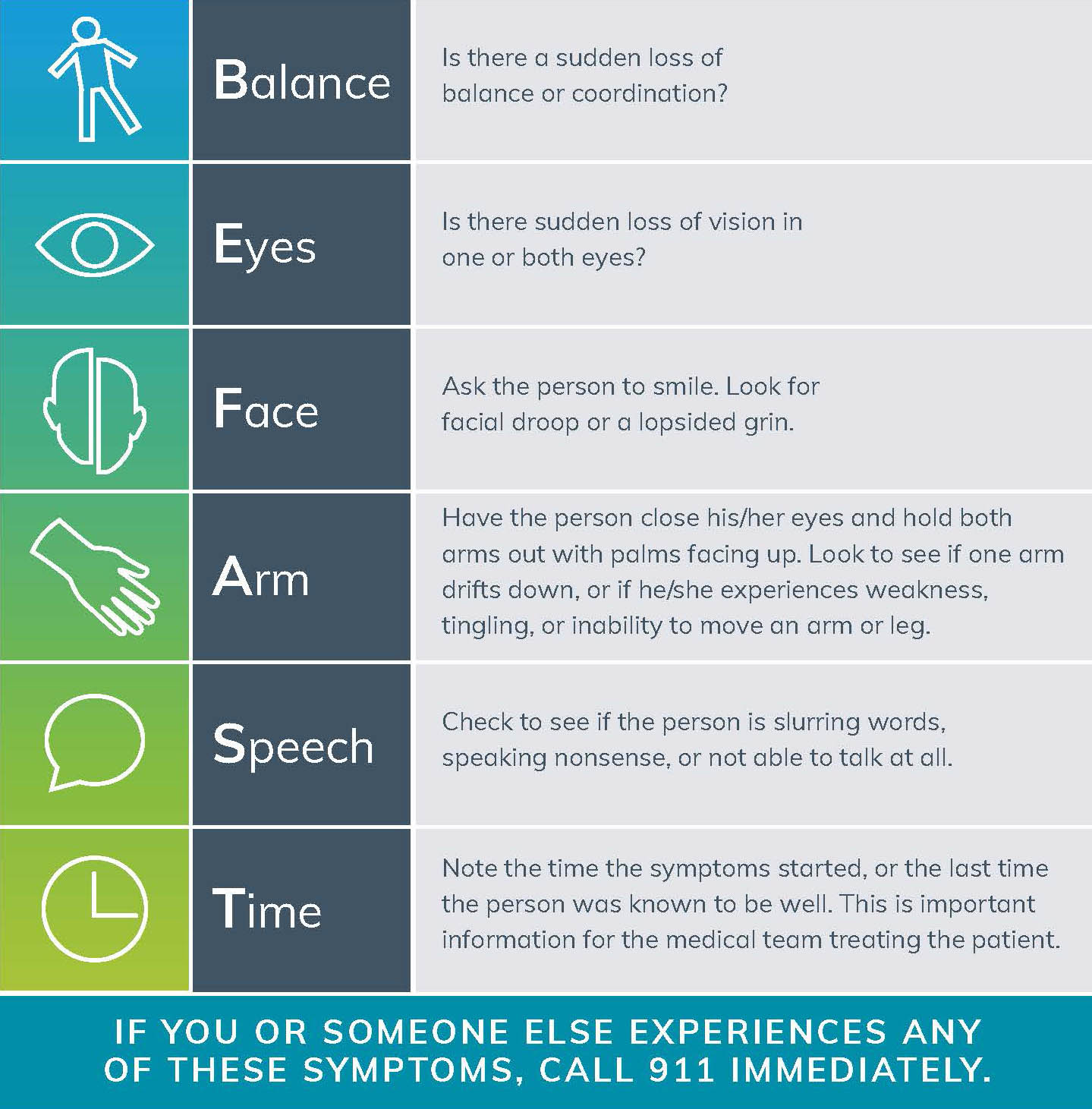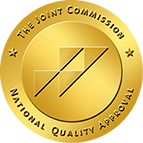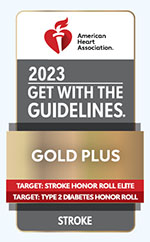Stroke Care
MarinHealth Medical Center - A Designated Advanced Primary Stroke Center
Stroke is a medical emergency, that occurs suddenly, where every second counts. Rapid treatment can save lives and reduce permanent disability. Our team is available 24/7 and committed to providing immediate treatment with the most current techniques and advanced technology. MarinHealth Medical Center is a designated Advanced Primary Stroke Center, right here in Marin County.
Download our Stroke Resource Guide or learn more about our virtual Stroke Support Group!
Stroke Treatment
At MarinHealth Medical Center we have a dedicated Stroke Team in our Emergency Department, where a Neurologist and Neurosurgeon are on call, 24/7 to rapidly identify and treat patients with acute stroke. Our focus is on helping you achieve the best possible outcome. Stroke treatment is dependent on the type of stroke.
- Ischemic stroke accounts for 87% of all strokes. It occurs when a vessel supplying blood to the brain is obstructed.
- Hemorrhagic stroke occurs when a weak or malformed blood vessel in the brain, either an aneurysm or an arteriovenous malformation (AVM), ruptures and bleeds. The most common cause of bleeding in the brain is high blood pressure.
- TIA (Transient Ischemic attack), or “mini stroke”, is caused by a temporary clot. This is often a precursor to a more serious stroke.
Ischemic Stroke Treatment
To acutely treat ischemic stroke, Tenecteplase, a clot-busting medication, may be given intravenously in the Emergency Department within 4.5 hours of symptom onset. This medication can potentially reverse the symptoms and reduce long-term disability in suspected stroke patients. Testing may include any and all of the following:
- Computerized tomography, or CAT scan
- CT angiogram, which provides a detailed view of the affected blood vessels in the brain
- Cerebral tissue perfusion (CTP)
- Magnetic resonance imaging (MRI)
- Magnetic resonance angiography (MRA) of the head and neck
Hemorrhagic Stroke Treatment
When there is bleeding in the brain, medications can be given to control blood pressure and prevent seizures. Our team of specialists are able to perform surgical interventions to decrease bleeding when necessary.
A select group of ischemic and hemorrhagic stroke patients may be eligible for advanced interventions such as mechanical thrombectomy. MarinHealth has the capability to transfer these patients to UCSF Medical Center when the need arises.
Listen as Medical Director, Spine & Brain Program, Ilkcan Cokgor, MD, discusses stroke prevention and treatment. You'll get an overview of MarinHealth’s highly respected Stroke Program, and most importantly, an opportunity to learn–and memorize–the symptoms of stroke. The life you save could be your own.
Know the Signs and Symptoms of a Stroke
Recognizing when someone is having a stroke, and knowing what to do is critical. Using the acronym B.E.F.A.S.T is a helpful way to identify some of the early warning signs of stroke.

Stroke Prevention
Most strokes can be prevented by controlling modifiable risk factors. You can reduce your risk of stroke by:
- Managing your blood pressure
- Controlling your blood sugar
- Decreasing your cholesterol levels
- Being active
- Maintaining a healthy weight
- Eating a healthy diet
- Quitting smoking/illegal drug use
- Reducing stress factors
- Limiting your alcohol intake
- Taking medications as prescribed
- Seeing your physician on a regular basis
How can Healthcare Professionals help?
- Encourage patients to exercise or join a cardiac rehab program
- Evaluate patients in under-resourced communities for gaps in care
- Include the patient in the decision-making process for treatment and prevention planning
- Monitor the patient for an irregular heartbeat
- Prescribe the appropriate medications and include detailed instructions
Meet Our Specialists
Our board-certified neurologists and neurosurgeons have received specialized and/or fellowship training in various procedures to treat conditions affecting the brain. Use our Physician Finder to learn more about our exceptional team.
AHA/ASA Support Network
If you or someone you love is recovering from a heart attack, stroke, a chronic condition or congenital heart defect, or is in rehab and recovery, you might want to check out the American Heart Association and American Stroke Association's online support network. Join the conversation, get answers to your questions, and connect with others who have survived and thrived! Learn more.
Awards & Recognition
 The Joint Commission awarded us the distinction of Designated Advanced
Primary Stroke Center. This means that we ensure our patients receive
excellence in Stroke Care across the continuum.
The Joint Commission awarded us the distinction of Designated Advanced
Primary Stroke Center. This means that we ensure our patients receive
excellence in Stroke Care across the continuum.
 The American Heart Association and American Stroke Association recognize
MarinHealth Medical Center for achieving 85 percent or higher adherence
to all Get With The Guidelines® Stroke Quality Achievement indicators
for two or more consecutive 12-month intervals and 75 percent or higher
compliance with four of six Get With the Guidelines® Stroke Quality
Measures to improve quality of patient care and outcomes.
The American Heart Association and American Stroke Association recognize
MarinHealth Medical Center for achieving 85 percent or higher adherence
to all Get With The Guidelines® Stroke Quality Achievement indicators
for two or more consecutive 12-month intervals and 75 percent or higher
compliance with four of six Get With the Guidelines® Stroke Quality
Measures to improve quality of patient care and outcomes.
